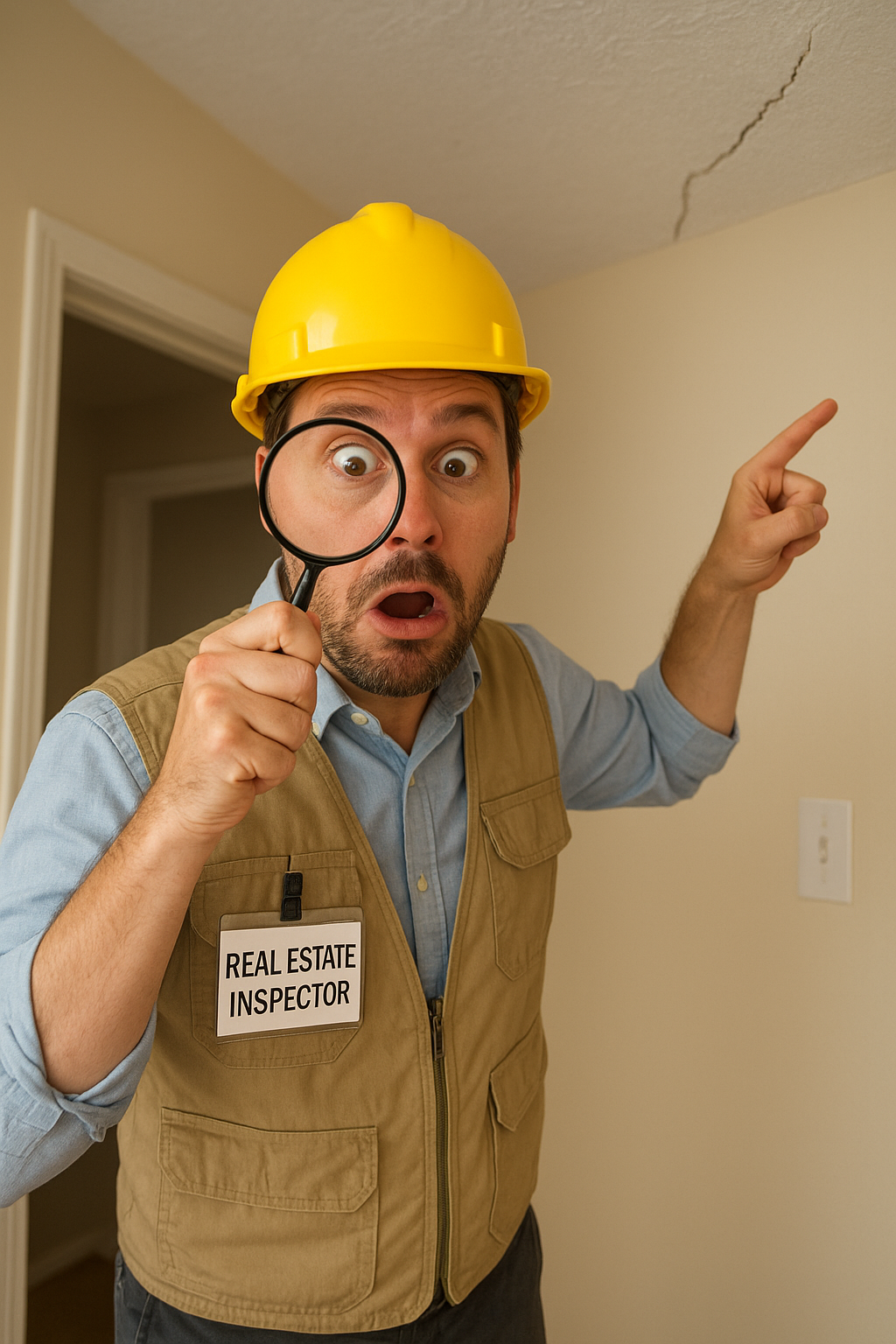Categories
InspectionsPublished September 29, 2025
Washington Home Inspection Guide

The Ultimate Guide to Home Inspections in Washington State
Buying a home is one of the most significant financial decisions you’ll make, and in Washington State, a thorough home inspection is a crucial step to protect that investment. While not legally required, skipping a home inspection can lead to costly surprises down the road. Whether you’re a first-time buyer or an experienced investor, understanding the inspection process empowers you to make informed decisions, negotiate effectively, and safeguard your financial future.
Why Home Inspections Matter in Washington State
Washington’s diverse geography presents unique challenges for homeowners. From the coastal moisture of Puget Sound to flood risks in river valleys and snow load concerns in the Cascades, each region has environmental factors that can impact a property’s condition. A detailed inspection helps uncover issues such as:
- Water damage from heavy rainfall or poor drainage, common in Western Washington.
- Foundation problems caused by soil erosion or earthquake activity.
- Roof deterioration due to moss growth, windstorms, or ice dams.
- Mold and mildew, especially in basements or poorly ventilated spaces.
- Pest infestations like carpenter ants or termites.
Without an inspection, these hidden problems could turn into expensive repairs later.
What a Home Inspection Covers
A certified home inspector in Washington will evaluate the property’s major systems and structures, including:
- Structural Components: Foundation, basement, crawl spaces, walls, ceilings, floors, and signs of settling or moisture intrusion.
- Roof and Exterior: Roof condition, gutters, siding, windows, doors, decks, porches, and drainage grading.
- Plumbing Systems: Pipes, water heater, water pressure, leaks, and potential septic or sewer line issues.
- Electrical Systems: Wiring, outlets, circuit breakers, electrical panel adequacy, and safety hazards.
- HVAC: Furnace, heat pump, boiler condition, ductwork, airflow, and ventilation.
- Potential Health Hazards: Radon gas testing (especially in Eastern Washington), asbestos in older homes, and lead-based paint in homes built before 1978.
Additional Specialized Inspections to Consider
Depending on your home’s location and age, you might need extra inspections such as:
- Sewer Scope: Important in cities like Seattle and Tacoma where older pipes may be damaged.
- Pest Inspection: To detect termites, carpenter ants, or rodents.
- Mold Inspection: Especially vital in damp climates.
- Well and Septic Inspection: For rural properties not connected to municipal systems.
- Chimney Inspection: For homes with wood-burning fireplaces or stoves.
Though these add to upfront costs, they can save you thousands in unexpected repairs.
Benefits of a Home Inspection for Buyers
For buyers, a home inspection is both a risk management tool and a negotiation advantage:
- Awareness of Repair Costs: Know what repairs are needed and their urgency before closing.
- Negotiation Leverage: Request repairs, price reductions, or closing credits if issues arise.
- Peace of Mind: A clean report confirms you’re making a sound investment.
- Exit Clause Protection: Many Washington contracts include inspection contingencies allowing you to back out without penalty if serious problems are found.
Why Inspections Are Critical for Investors
For investors, inspections provide essential insights:
- Renovation Costs: Accurately budget for flips or rental upgrades.
- Rental Readiness: Identify safety or code compliance issues before leasing.
- Long-Term Maintenance Planning: Forecast future expenses to protect cash flow and ROI.
Uncovering hidden issues helps investors avoid overpaying and make smarter purchase decisions.
Choosing the Right Home Inspector
Selecting a licensed, experienced inspector is key:
- Licensing: Inspectors must be licensed through Washington’s Department of Licensing.
- Experience: Look for familiarity with local building codes and climate challenges.
- Reputation: Check reviews, ask for referrals, and review sample reports.
- Insurance: Confirm they carry Errors and Omissions (E&O) insurance.
- Communication: Choose someone who explains findings clearly and answers your questions.
Cost of a Home Inspection in Washington
Standard inspections typically range from $400 to $700, depending on property size, age, and location. Specialized inspections like sewer scopes or radon testing usually cost an additional $150 to $300 each. While this may seem like a significant expense, it’s a small price compared to potential repair costs that can run into thousands.
Preparing for Your Home Inspection
Maximize the inspection’s value by:
- Attending the Inspection: See issues firsthand and ask questions.
- Taking Notes: Document concerns the inspector highlights.
- Reviewing the Report Carefully: Distinguish major safety issues from minor cosmetic ones.
- Acting Quickly: Use the report to negotiate before the inspection contingency expires.
The Bottom Line
A home inspection is one of the most important steps in buying real estate in Washington State. It protects you from unexpected repair costs, provides negotiation leverage, and ensures your investment is sound. Whether you’re purchasing your first home, expanding your portfolio, or preparing a rental property, hiring a qualified, experienced inspector can save you thousands and countless headaches.
By taking this step seriously, you gain peace of mind and set yourself up for success in Washington’s dynamic real estate market.
If you’re ready to start your home buying journey or want expert guidance on inspections and more, feel free to reach out to the Building Dreams Team visit us at https://buildingdreams.team to learn how we can help you build your dream home with confidence.





